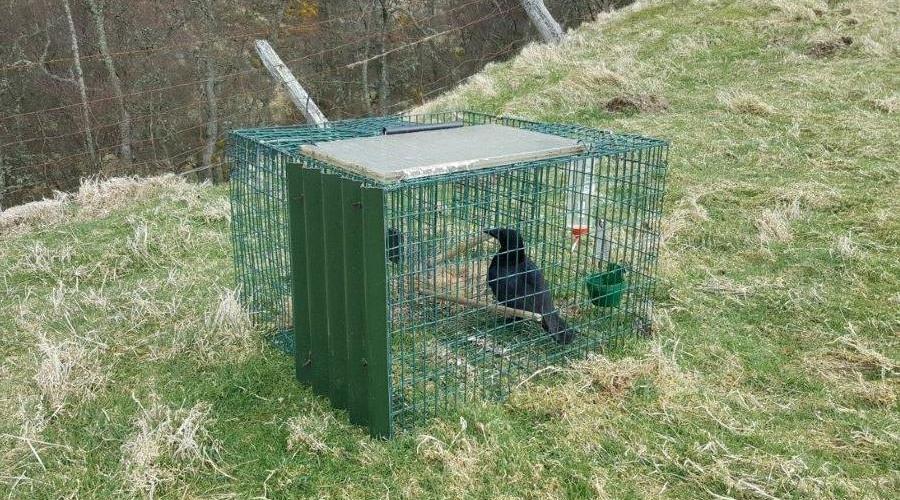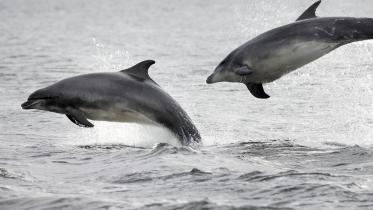
Trap registration
Register the use of traps under our General Licences
Trap registration
As of 1st April 2020 NatureScot Licensing took over Trap Registration from Police Scotland. You now need to register with us in order to use Larsen Traps, Larsen Mate Traps, Larsen Pod Traps and multicatch crow traps under our General Licences. You’ll need to register with us even if you have previously registered with Police Scotland. Police Scotland trap registration codes will no longer be valid after 1st April 2021. Registrations are now issued to individual people rather than properties. You only need one trap registration per person that should be used on all traps on any property you have permission to set traps on. Trap registration codes which we will provide you must be attached to any of the traps listed above used under our General Licences.
Read our Licensing guidance note on labelling traps.
How do I register?
Trap registration should only take 5 minutes and you won’t need any special information other than your own contact details. Register your traps.
If you are unable to use the online registration above, you can apply using our word document trap registration form. Please note this method of registering traps will take much longer for us to process and issue you with a registration code.
Meat bait returns
If you registered to use meat bait in traps under our General Licences in any given year, you must provide us with return information detailing your use of meat bait and any non-target captures. Providing your return should only take 5 minutes. Provide your return.
If you are unable to use the online return above, you can provide your return using our excel document meat bait return form.
How do I check a Trap ID?
If you have forgotten your Trap Registration number, then please contact us to confirm it. We will require confirmation of the contact details you used when you registered to be able to provide you with your Trap registration number.
If you have come across a trap and you want to check the Trap Registration number is valid, please email us the Trap Registration number for us to confirm.
Registration changes
It is up to you to inform us immediately of any changes to your circumstances such as if you are convicted of a wildlife crime, no longer need your registration or have any changes to your contact details. We will contact you using the email address provided on your registration application, including for sending reminders and revoking registrations where required. It is your responsibility to ensure the email address we have is correct and kept up to date.
Contact
If you already have a licence number, include it in the subject line of your email, or have it to hand when you call.




